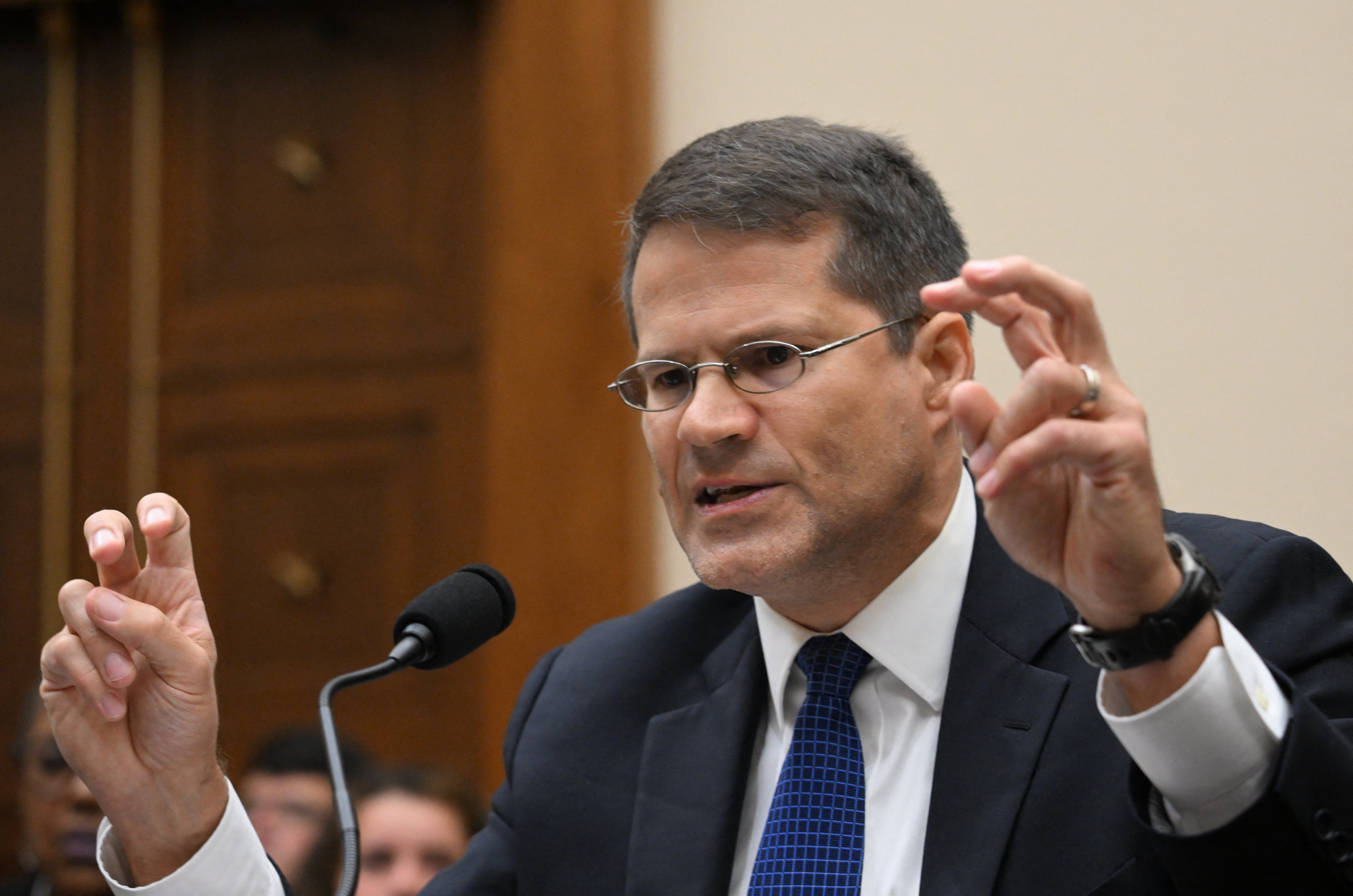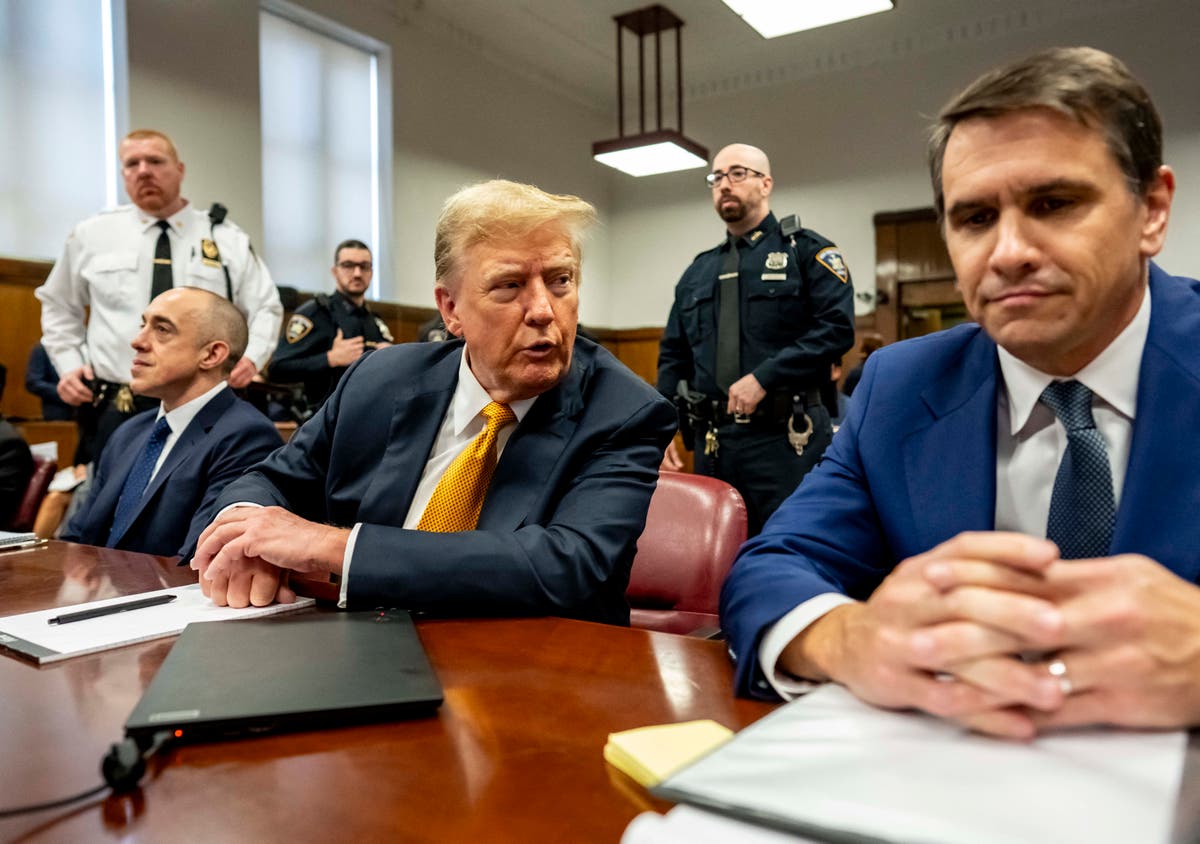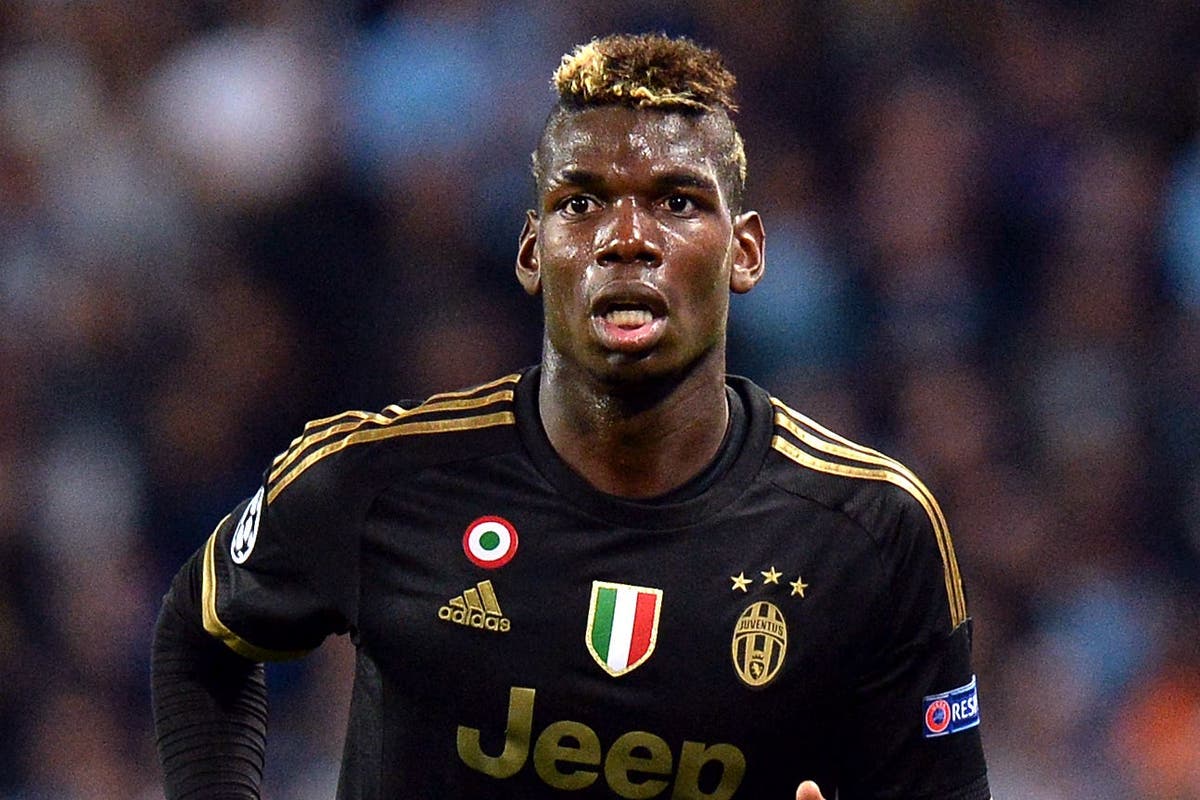The lawyers who defended Donald Trump in his criminal cases and demanded the Supreme Court shield him from prosecution have been awarded job offers for some of the biggest roles in federal law enforcement.
Todd Blanche, who has steered the defense of the former president in courtrooms in New York, Florida, and Washington DC, is nominated for the second highest role in the Department of Justice.
If confirmed, he could serve as deputy attorney general to far-right Trump ally Matt Gaetz, who Trump has nominated for attorney general, the nation’s top law enforcement official, in a role that is likely to be used to target the judges and prosecutors overseeing the mountain of litigation against the former president.
Emil Bove, Trump’s criminal defense attorney in his so-called hush money case, is nominated for principal deputy attorney general. He could be acting deputy attorney general while Blanche is awaiting confirmation in the Senate.
D. John Sauer argued in front of federal appeals court judges and the Supreme Court for Trump’s “immunity” from criminal prosecution for his efforts to overturn his 2020 election loss, and his failure to stop a mob that stormed the Capitol to do it by force.
He won that argument, which has not only derailed Trump’s election interference case but also thrown a wrench into the months-old verdict from his hush money trial. Following Trump’s election, special counsel Jack Smith signaled the end of the cases against him, and the judge overseeing his hush money case agreed to more delays following the “unprecedented” conclusion of his campaign.

In return, Trump nominated Sauer for solicitor general, which represents the federal government in front of the nation’s highest court.
The nation’s next solicitor general — often named the “10th justice” for its close role with the Supreme Court — will have argued that a president could be immune from prosecution for ordering the assassinations of his political rivals.
A stunning set of nominations — announced in a flurry of social media posts and campaign messages on Thursday — have cemented Trump’s promise of “retribution” in office, raising concerns about overlapping conflicts of interest and divided loyalties.
Trump has long conflated his criminal defense as a defense of the country and rule of law itself, baselessly asserting that grand jury indictments against him are a politically motivated conspiracy theory to keep him — and his supporters — away from the White House.
For weeks, Trump sat shoulder to shoulder with his criminal defense attorneys for several hours a day inside a Manhattan courtroom, where the former president was on trial for falsifying business records in connection with a scheme to fraudulently influence the public ahead of the 2016 presidential election.
A jury convicted Trump on all 34 counts against him in New York, where he conspired with influential publishers and attorneys to bury stories of his affairs by paying off women to keep quiet. Trump’s then-attorney Michael Cohen paid adult film star Stormy Daniels for her silence about having sex with Trump in 2006, and Trump’s reimbursements to Cohen, including checks signed from the White House, were covered up in his company’s accounting.
Blanche remains the lead attorney in that case; a series of delays have pushed Trump’s sentencing off the calendar following a jury’s verdict on May 30, making him the first former president, now president-elect, to be convicted of a crime.
His nomination to the second-highest role at the Justice Department emphasizes the transformation from federal prosecutor, registered Democratic voter and Wall Street law partner to key legal ally in Trump’s courtroom-based campaign for the presidency.

Blanche “will be a crucial leader in the Justice Department, fixing what has been a broken System of Justice for far too long,” Trump announced.
Bove, another former federal prosecutor and a law partner in Blanche’s firm, is “a tough and strong attorney, who will be a crucial part of the Justice Department, rooting out corruption and crime,” according to Trump.
But it was Sauer who delivered Trump’s biggest legal victory to date, convincing the conservative supermajority on the Supreme Court to agree that Trump, and any president, can be shielded from criminal prosecution for actions tied to their official duties in office.
Trump explicitly mentioned that in his announcement.
Sauer’s victory “was key to defeating the unConstitutional campaign of Lawfare against me and the entire MAGA Movement,” Trump said.
Last year, the judge presiding over Trump’s election interference case said he does not have “the divine right of kings” to avoid the consequences of his actions.
During an appeals hearing, it was Sauer who answered with a “qualified yes” when presented with an absurd hypothetical question to point out a literally unbelievable legal argument from Trump’s attorneys.
Appellate Judge Florence Pan asked Sauer whether he believed that “immunity” for the presidency means a president is shielded from prosecution “even if that action is taken for an unlawful or unconstitutional purpose,” such as deploying SEAL Team 6 to “assassinate a political rival” without being criminally prosecuted.
“I asked you a yes or no question,” Pan said. “Could a president who ordered SEAL Team 6 to assassinate a political rival … would he be subject to criminal prosecution?”
“Qualified yes,” he replied, “if he is impeached and convicted first.”
Appellate judges wholly rejected Trump’s “immunity” defense. The Supreme Court agreed to hear it.
On July 1, with its final decision of the year, the Supreme Court delivered Trump his most significant legal victory yet.
“Orders the Navy’s SEAL Team 6 to assassinate a political rival? Immune,” Justice Sonia Sotomayor wrote in her dissent.
“Organizes a military exchange for a pardon? Immune. Immune, immune, immune,” she wrote. “Even if these nightmare scenarios never play out, and I pray they never do, the damage has been done. The relationship between the president and the people he serves has shifted irrevocably.”


